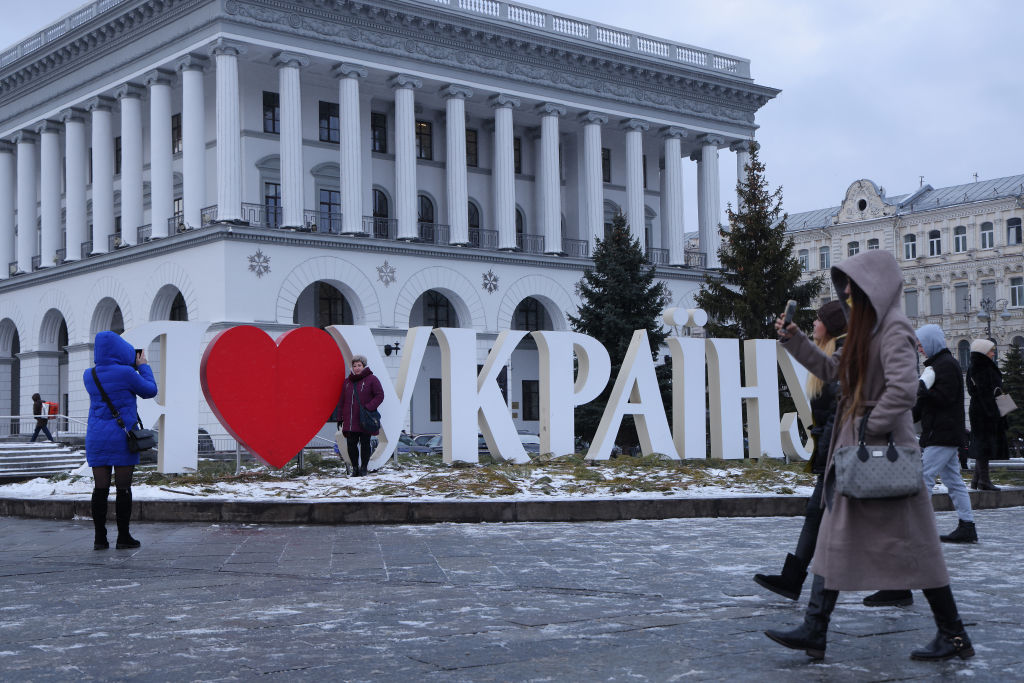U.S. reportedly considering evacuating diplomats' families from Ukraine


A free daily email with the biggest news stories of the day – and the best features from TheWeek.com
You are now subscribed
Your newsletter sign-up was successful
The U.S. is reportedly discussing whether to evacuate family members of diplomats in Ukraine as tensions with Russia continue to rise, Bloomberg reports.
Under the potential plan, "family members would be ordered to return home while non-essential employees would be able to leave voluntarily," writes Bloomberg. An announcement could come within days, according to people familiar with the discussions, and does not mean the U.S. is positive Russia will invade; rather, the consideration "simply reflects prudent preparations," Bloomberg writes, per one of the individuals. A White House official also emphasized such discussions are part of normal contingency planning.
According to the embassy wesbite, the U.S. employs about 180 Americans and 560 Ukrainians at the embassy in Kyiv. That number does not include family members, "so the number of U.S. citizens living in embassy housing is probably much higher," notes Bloomberg.
The Week
Escape your echo chamber. Get the facts behind the news, plus analysis from multiple perspectives.

Sign up for The Week's Free Newsletters
From our morning news briefing to a weekly Good News Newsletter, get the best of The Week delivered directly to your inbox.
From our morning news briefing to a weekly Good News Newsletter, get the best of The Week delivered directly to your inbox.
The possibility of an evacuation arrives "amid a flurry of diplomatic meetings that have so far failed to ease the crisis," Bloomberg notes. Following talks in Geneva on Friday with Russian Foreign Minister Sergei Lavrov, U.S. Secretary of State Antony Blinken told reporters that "if Russia wants to begin to convince the world that it has no aggressive intent toward Ukraine, a very good place to start would be de-escalating."
Lavrov, for his part, shrugged it all off. "What NATO is now doing toward Ukraine clearly shows that NATO sees Ukraine as part of its sphere of influence," he said. Read more at Bloomberg.
A free daily email with the biggest news stories of the day – and the best features from TheWeek.com
Brigid Kennedy worked at The Week from 2021 to 2023 as a staff writer, junior editor and then story editor, with an interest in U.S. politics, the economy and the music industry.
